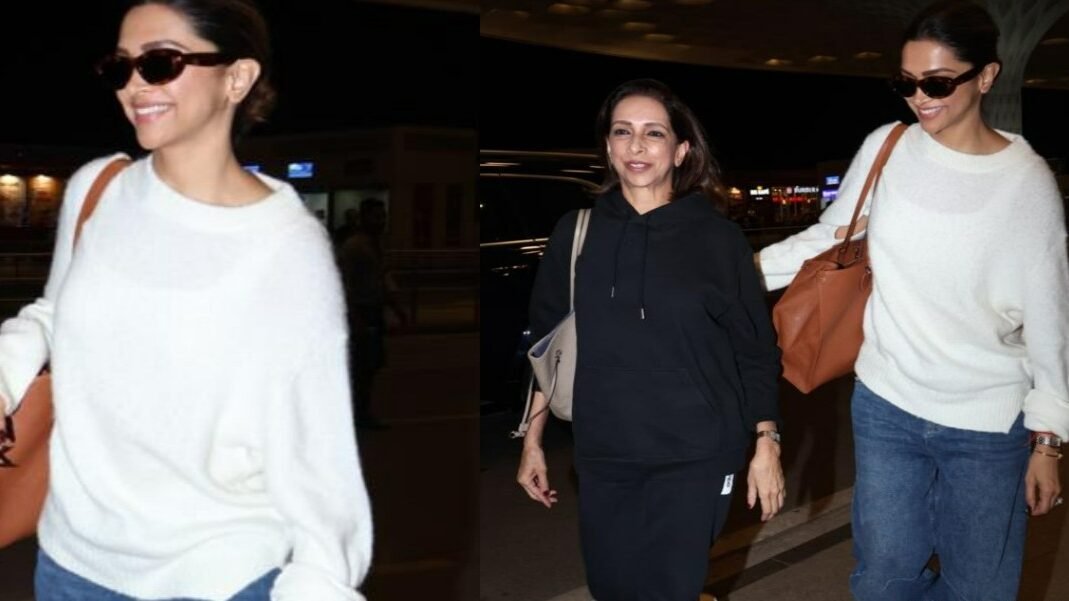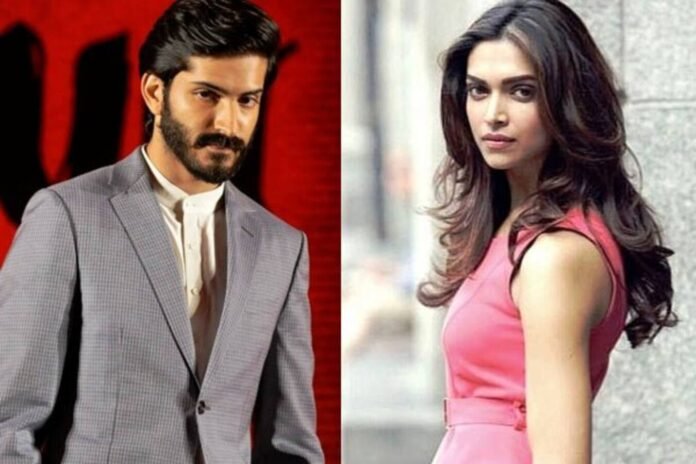In the dynamic landscape of Bollywood, where actors often face scrutiny for their roles and performances, Deepika Padukone has found herself at the center of a recent controversy. The acclaimed actress, known for her versatility and commitment to her craft, has been accused of portraying stereotypical characters in her recent filmography. However, amidst the backlash, Padukone has found support from an unexpected ally: Harsh Varrdhan Kapoor, who passionately defends her talent and contributions to Indian cinema.
The controversy surrounding Deepika Padukone stems from criticisms leveled against her for allegedly perpetuating stereotypes through her choice of roles. Some critics argue that Padukone has often played characters that adhere to traditional gender norms and lack depth, thus reinforcing outdated stereotypes rather than challenging them. This critique gained traction following the release of her recent projects, reigniting debates about representation and diversity in Bollywood.
Amidst the uproar, Harsh Varrdhan Kapoor, himself an emerging talent in the film industry, has come forward to defend Deepika Padukone. In a series of candid interviews and social media posts, Kapoor passionately extols Padukone’s talent, dedication, and impact on Indian cinema. He acknowledges the importance of addressing stereotypes in Bollywood but argues that Padukone should not be unfairly singled out for criticism.

According to Kapoor, Padukone’s body of work speaks for itself, showcasing her range as an actor and her ability to breathe life into diverse characters. From her breakthrough role as Shanti Priya in “Om Shanti Om” to her nuanced portrayal of an acid attack survivor in “Chhapaak,” Padukone has consistently pushed boundaries and challenged conventions through her performances. Kapoor contends that Padukone’s contributions to Indian cinema go beyond mere stereotypes, with each role adding depth and dimension to her repertoire.
Moreover, Kapoor emphasizes the importance of recognizing the constraints and challenges actors face within the film industry. While acknowledging the need for greater diversity and representation on screen, he highlights the complex dynamics at play behind the scenes, including market pressures, audience expectations, and industry conventions. Kapoor argues that actors like Padukone navigate these challenges while striving to deliver compelling performances that resonate with audiences.
In defending Deepika Padukone, Harsh Varrdhan Kapoor also underscores the broader issue of gender representation and empowerment in Bollywood. He acknowledges the strides made towards greater inclusivity and female-centric storytelling but cautions against reducing complex issues to simplistic narratives. Kapoor believes that Padukone’s contributions to women’s empowerment extend beyond her on-screen roles, citing her advocacy for mental health awareness and her philanthropic endeavors.
The debate surrounding Deepika Padukone’s alleged stereotypical roles reflects deeper conversations about representation, diversity, and inclusivity in Bollywood. While critics call for more nuanced portrayals of women on screen, defenders like Harsh Varrdhan Kapoor argue for a balanced assessment of actors’ contributions and the complexities of storytelling in a commercial film industry.
Ultimately, the controversy surrounding Deepika Padukone serves as a catalyst for introspection and dialogue within the film industry. It prompts important questions about the responsibilities of actors, filmmakers, and audiences in challenging stereotypes and fostering a more inclusive cinematic landscape. As Bollywood continues to evolve, it is imperative for stakeholders to engage in constructive discussions and collaborate towards creating narratives that reflect the diversity and complexity of Indian society.
In addition, Harsh Varrdhan Kapoor’s impassioned defense of Deepika Padukone amidst accusations of stereotypical roles highlights the nuances of representation and storytelling in Bollywood. While acknowledging the need for greater diversity and inclusivity, Kapoor celebrates Padukone’s talent and contributions to Indian cinema. The controversy surrounding Padukone prompts important conversations about gender representation, empowerment, and the evolving nature of storytelling in the film industry, underscoring the importance of continued dialogue and introspection.

